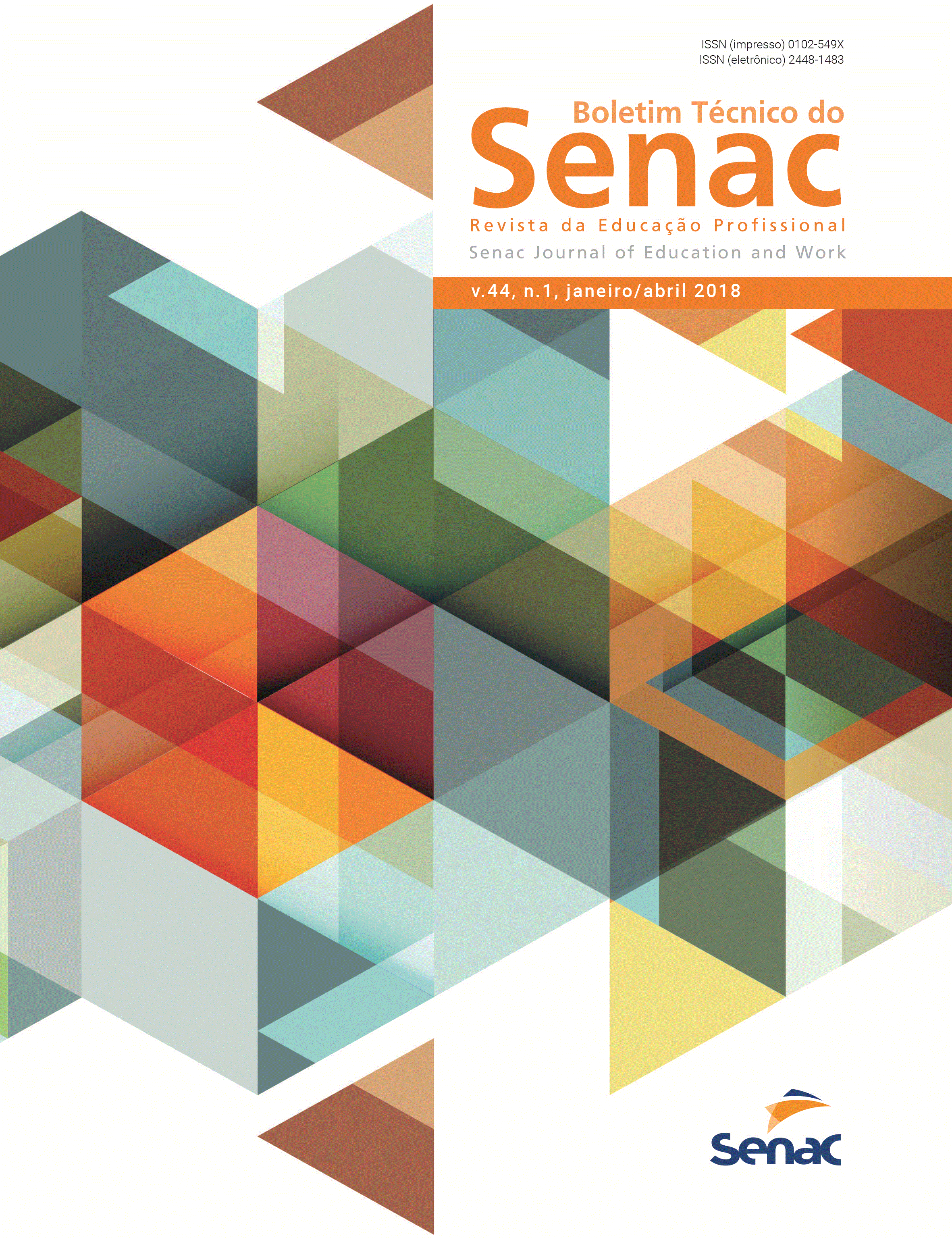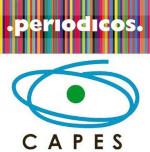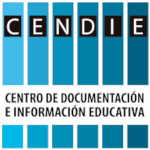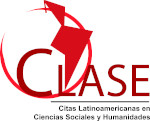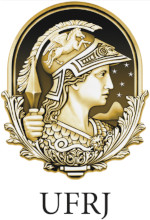Digital inclusion and education: a slow connection
DOI:
https://doi.org/10.26849/bts.v44i1.659Keywords:
Digital inclusion, Information and communication technology, Education of the futureAbstract
The teacher’s mediation for students’ access to technology is the concern of this work. In a world still full of technological shadow spots, what is the role of the school and society in bridging differences in the virtual world, so that a growing share of society could benefit from the use of Information and Communication Technologies (ICT) in a democratic and egalitarian way? The goal is to discuss how education is shaping the new technologies for teaching and building a new society.
Downloads
References
ADORNO, T. W. Educação e emancipação. Rio de Janeiro: Paz e Terra, 1995.
ANDRADE, A. M. V. Tecnologia da informação na gestão. Porto: Universidade Católica Ed., 2014.
ARAUJO, L. G. C. O processo de inclusão digital no Brasil: avanços e lacunas. 2015. Dissertação (Mestrado em Estudos Populacionais e Pesquisas Sociais) – Escola Nacional de Ciências Estatísticas, IBGE, Rio de Janeiro, 2015.
BARRETO, L. F. B. P. M. Uma análise da divisão digital no Brasil através da aplicação da aprendizagem de redes bayesianas. 2012. Dissertação (Mestrado em Administração) – Faculdade de Economia, Administração e Contabilidade, Universidade de São Paulo, São Paulo, 2012. Disponível em: <http://www.teses.usp.br/teses/disponiveis/12/12139/tde-18022013-175034/>. Acessado em: 12 maio 2016.
CASTELLS, M. A sociedade em rede. 5. ed. São Paulo: Paz e Terra, 1999.
CHARLOT, B. Da relação como saber: elementos para uma teoria. Porto Alegre: Artmed, 2000.
ERICSON. Ericson mobility report. Stockholm, 2015. Disponível em: <http://www.ericsson.com/res/docs/2015/mobility-report/ericsson-mobility-report-nov-2015>. Acesso em: 22 abr. 2016
LEMOS, A. Inclusão digital: polêmica contemporânea. Salvador: EDUFBA, 2011.
LÉVY, P. Cibercultura. São Paulo: Ed.34, 1999.
LÉVY, P. A inteligência coletiva: por uma Antropologia do ciberespaço. São Paulo: Loyola, 1998.
MONTEIL, J. M. Dynamique sociale et systèmes de formation. Paris: Editions Universitaires, 1985.
MOREIRA, M. A. Teorias de aprendizagem: cognitivismo, humanismo, comportamentalismo. São Paulo: Ed. EPU, 1999.
NAÇÕES UNIDAS. ONU: 4,4 bilhões de pessoas permanecem sem acesso à internet. Brasília, DF, 7 out. 2013. Disponível em: <https://nacoesunidas.org/onu-44-bilhoes-de-pessoas-permanecem-sem-acesso-a-internet/>. Acesso em: 22 abr. 2016.
ONG, W. J. Oralidade e cultura escrita: a tecnologização da palavra. São Paulo: Papirus, 1998.
PODEMOS vencer a exclusão digital. Nova Escola, São Paulo, 2005. Disponível em: <http://revistaescola.abril.com.br/politicas-publicas/planejamento-e-financiamento/podemos-vencer-exclusao-digital-425469.shtml>. Acesso em: 10 abr. 2016.
POPULAÇÃO mundial vai crescer 53% e chegar a 11,2 bilhões em 2100, diz relatório da ONU. O Globo, Rio de Janeiro, 30 jul. 2015. Disponível em: <http://oglobo.globo.com/sociedade/sustentabilidade/populacao-mundial-vai-crescer-53-chegar-112-bilhoes-em-2100-diz-relatorio-da-onu-17003177>. Acesso em: 26 abr. 2016.
ROGERS, C. R. Freedom to learn. Columbus: Ch. E. Merril, 1969.
SASSAKI, R. K. Inclusão: construindo uma sociedade para todos. Rio de Janeiro: WVA, 1997.
SILVA, H. et al. Inclusão digital e educação para a competência informacional: uma questão de ética e cidadania. Ciência da Informação, Brasília, DF, v. 34, n. 1, p. 28-36, jan./abr. 2005.
SMAAL, B. Pesquisadores estimam a quantidade de informação existente no mundo. [S.l.]: Tecmundo, 16 fev. 2011. Disponível em: <http://www.tecmundo.com.br/curiosidade/8567-pesquisadores-estimam-a-quantidade-de-informacao-existente-no-mundo.htm>. Acesso em: 4 abr. 2016.
UNESCO. 2015 International Year of Light: about the year of light. Paris, 2015. Disponível em: <http://www.light2015.org/Home/About.html>. Acesso em: 19 abr. 2016.
WARSCHAUER, M. Tecnologia e inclusão social: a exclusão digital em debates. São Paulo: Ed. Senac São Paulo, 2006.
Downloads
Published
How to Cite
Issue
Section
License
Commitment to the Provision of Creative Commons Licensing
The Senac Journal of Education and Work is per the BY NC license, free of charge and with no commercial purpose.
In submitting their work for evaluation, the authors undertake to make their work available through the Creative Commons-BY NC license at the website <https://br.creativecommons.org>, thus dispensing with the need for signing any other document or contract with Senac to regulate the availability of their works in the Senac Journal of Education and Work.
The author (s) further declare that they recognize the Senac Journal of Education and Work as an open access journal, whose Policies and Authors Guidelines are available to know on its official website, namely - www.bts .senac.br - and that they can be modified at any time, and immediately any new condition published online.
The names and addresses informed in this journal will be used exclusively for the services provided by this publication and are not available for other purposes or to third parties.

